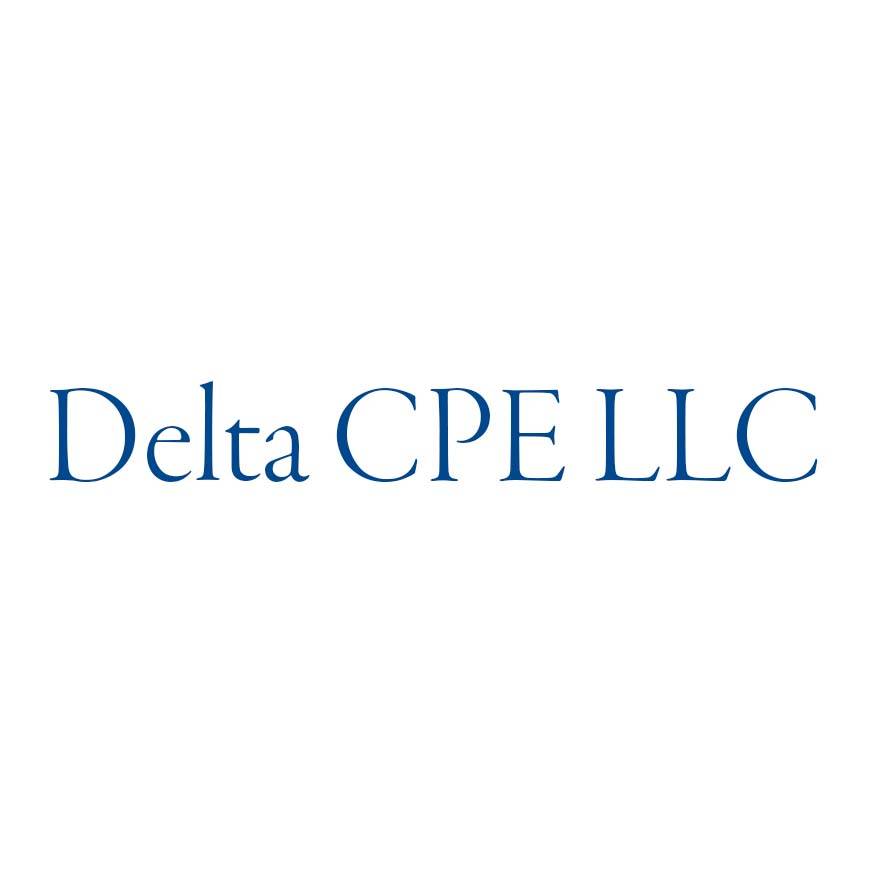Self-Study
Personal Financial Planning for Accountants
Comprehensive guide to Personal Financial Planning for Accountants. Gain expertise in all aspects of financial management, from career strategies to retirement planning.

$391.00 – $431.00
Webcasts are available for viewing Monday – Saturday, 8am – 8pm ET.
Without FlexCast, you must start with enough time to finish. (1 Hr/Credit)
Please fill out the form below and we will reach out as soon as possible.
CPE Credits
17 Credits: Finance
Course Level
Overview
Format
Self-Study
Course Description
Managing personal finances efficiently is a significant challenge faced by many, often leading to financial insecurity and stress. The complexity of financial planning, ranging from budgeting to investment and estate planning, can be overwhelming, especially when navigating through life’s various stages and economic changes. This confusion can result in missed opportunities and poor financial decisions.
“Personal Financial Planning for Accountants,” provides a comprehensive solution to these challenges. This personal financial planning CPE covers time value calculations, career planning, insurance, home buying, investing, retirement, and estate planning. Participants will learn to recognize the personal financial planning process, understand the impact of economic factors on financial planning, make informed investment decisions, and effectively plan for retirement and estate management. This financial planning CPE course equips individuals with the knowledge and tools necessary to secure their financial future and make confident financial decisions at every stage of life.
Learning Objectives
Upon successful completion of this course, participants will be able to:
Chapter 1
- Recognize the personal financial planning process.
- Identify the objectives and key areas of personal financial planning.
- Recognize how the stages in life affect financial planning.
- Recognize how inflation and other economic factors affect financial planning
Chapter 2
- Identify how the time-value of money affects financial decisions.
- Recognize the importance of future value tables.
- Recognize how to use different rules in financial decision making.
Chapter 3
- Recognize the balance sheet (net worth statement) for personal net worth.
- Identify the reasons for budgeting.
Chapter 4
- Recognize career paths motivation.
- Identify job benefit options.
- Identify some of the work-at-home benefits.
Chapter 5
- Calculate how much money savings required for a college education.
- Identify ways to finance college education.
- Identify sources of financial aid.
- Recognize Federal government programs.
Chapter 6
- Recognize risk and assess the risk-return trade-off.
- Recognize different investment vehicles and outline their risk-return characteristics.
- Identify the different types of risk and ways to reduce overall risk.
Chapter 7
- Identify attributes of different short-terms investment vehicles.
- Identify different banking tools available.
- Recognize some of the banking regulations to help protect accounts.
Chapter 8
- Recognize the different factors of credit ratings and FICO scores.
- Recognize various debt management strategies and debt/equity ratios.
- Identify aspects of bankruptcy law.
Chapter 9
- Identify ways to save living costs.
- Recognize leasing decisions and rules.
Chapter 10
- Recognize factors in whether to buy or rent a home, and the different cost factors for housing and home financing.
Chapter 11
- Identify the types of risk that need to be protected.
- Identify a variety of life insurance policies and organizations.
- Recognize medical and health insurance coverage attributes, and different policy attributes for property insurance.
Chapter 12
- Identify investment strategies and sources of investment money.
- Recognize the different risk factors for investments.
Chapter 13
- Identify the types of common stock and stock valuation methods using some practical approaches.
- Recognize ways to measure market-risk.
Chapter 14
- Identify the terms and features of bonds, and the types of bonds and methods for selecting bonds.
- Calculate yield (effective rate of return) on a bond.
- Recognize differences between bonds and preferred stock and identify other fixed-income securities.
- Identify the pros and cons of investing in real estate and the types of real estate investments.
- Recognize factors to be considered regarding a real estate investment.
- Recognize indirect real estate vehicles such as real estate investment trusts (REITs) and limited partnerships.
Chapter 15
- Recognize the attributes and types of mutual funds and ETFs.
Chapter 16
- Identify different types of retirement options.
- Recognize the steps to be taken for retirement planning.
- Recognize alternative options for meeting retirement financial requirements.
- Identify the objectives of estate planning.
- Recognize the purpose of different legal documents.
Course Specifics
SS3218057
February 26, 2025
Basic Math.
None
415
Compliance Information
CMA Notice: Western CPE makes every attempt to maintain our CMA CPE library, to ensure a course meets your continuing education requirements please visit Insitute of Management Accountants (IMA)
CFP Notice: Not all courses that qualify for CFP® credit are registered by Western CPE. If a course does not have a CFP registration number in the compliance section, the continuing education will need to be individually reported with the CFP Board. For more information on the reporting process, required documentation, processing fee, etc., contact the CFP Board. CFP Professionals must take each course in it’s entirety, the CFP Board DOES NOT accept partial credits for courses.
Meet The Experts

For many years, Delta CPE LLC has offered a wide variety of continuing education courses for financial professionals. Topics covered by Delta’s courses include accounting, financial management, budgeting, investments, financial statement reporting, business management, IFRS, ethics, valuations, real estate, and business writing. The diversity and breadth of Delta’s course offerings make the company a prolific and unique contributor to the CPE world. Delta’s well-credentialed authors and contributors have also been published in numerous academic and professional journals and quoted by some of the leading financial media outlets.
Related Courses
-
 Finance
Finance
The CFO Guidebook
Steven M. Bragg, CPA QAS Self-Study
Credits: 22 $440.00
QAS Self-Study
Credits: 22 $440.00$440.00 – $480.00
-
 Finance
Finance
Real Estate Financing and Investment
Delta CPE LLC QAS Self-Study
Credits: 4 $116.00
QAS Self-Study
Credits: 4 $116.00$116.00 – $136.00
-
 Finance
Finance
Mergers and Acquisitions
Steven M. Bragg, CPA QAS Self-Study
Credits: 19 $399.00
QAS Self-Study
Credits: 19 $399.00$399.00 – $439.00
